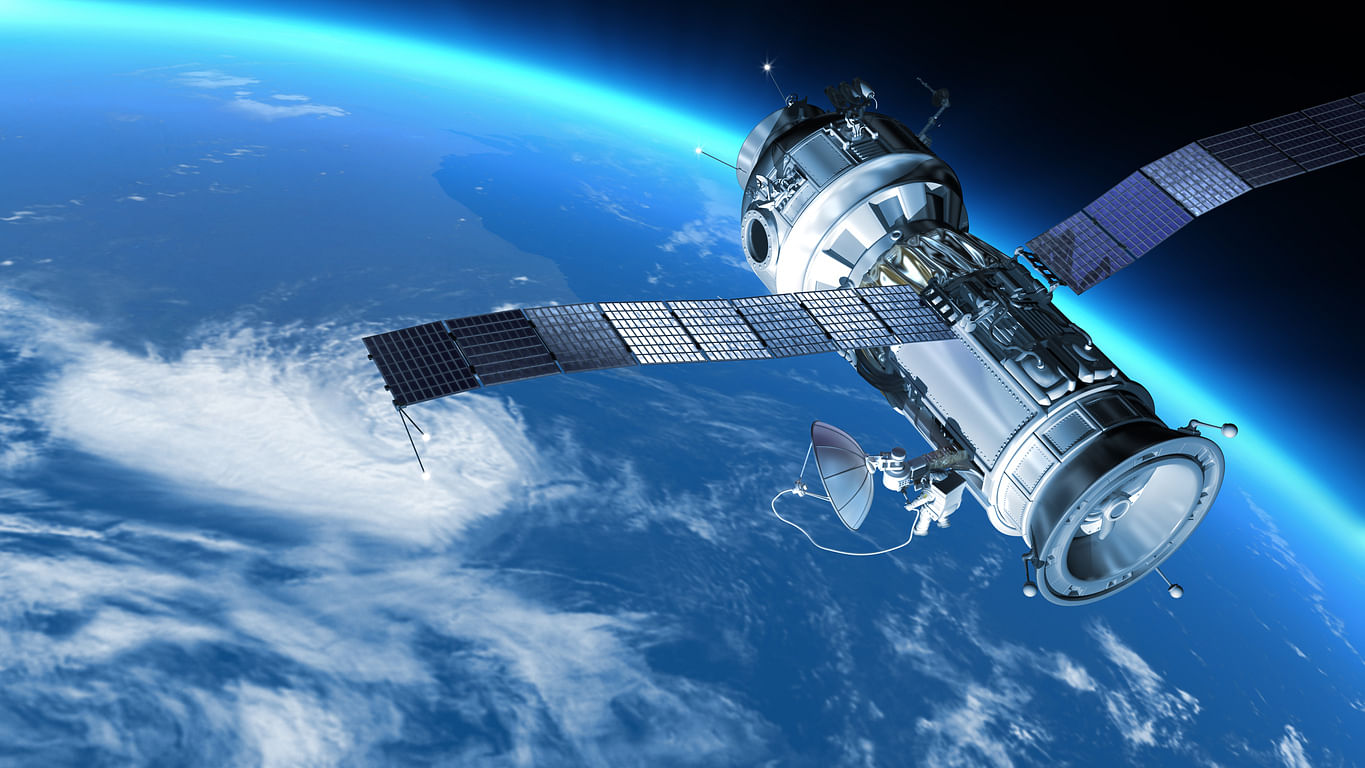
Representative image.
Credit: iStock photo.
Bengaluru: Space data company Pixxel will use its upcoming AI-powered analytics platform to study satellite images of the earth and prepare periodic reports that track the health of the planet.
The Bengaluru-headquartered company has set a January 2024 launch for Aurora, its geospatial analytics tool designed to extract insights from earth observation data that is provided by its hyperspectral imaging satellites.
Aurora — pitched as a “highly intuitive toolbox” — will use a multidimensional visualisation of the satellite data to generate real-time assessments, from detecting the onset of crop diseases to mapping oil and gas leaks.
Through the platform, Pixxel plans to make the data accessible to governments and businesses, significantly improving their predictive analysis capabilities.
The company is building a constellation of hyperspectral imaging satellites; it has already launched three and aims to have 24 to 30 of these satellites operational over the next three years.
“In about three years, when we have the constellation in place, the platform will be able to provide detailed assessments on the various health parameters of the planet. We plan on putting out a health report, every six months or once a year. This will be measured data that can be used to expedite climate action,” Awais Ahmed, CEO, Pixxel, told DH.
Beyond RGB analysis
In hyperspectral imaging, the analysis of light is not limited to the primary colours: red, green, and blue. The technique captures light in hundreds of spectral bands or wavelengths and creates an image in which every pixel comes with a spectrum. It provides a detailed examination of the imaged subject and its composition. With a fully operational satellite constellation, Pixxel aims to provide daily coverage of the globe.
Ahmed noted that the data could be used by businesses to ensure responsible, environmentally sustainable operations.
“Mining companies, for instance, are bound by regulations to take up afforestation programmes to compensate for the deforestation caused by their activities. They can use our data to restrict their operations to areas with minerals and substantially reduce the stress on the environment. NGOs and startups can also make use of this data,” he said.